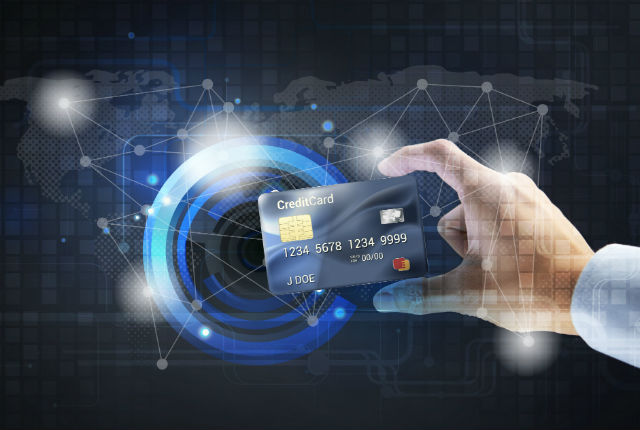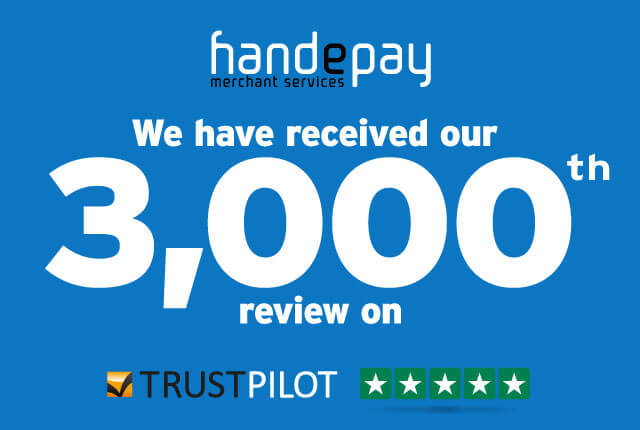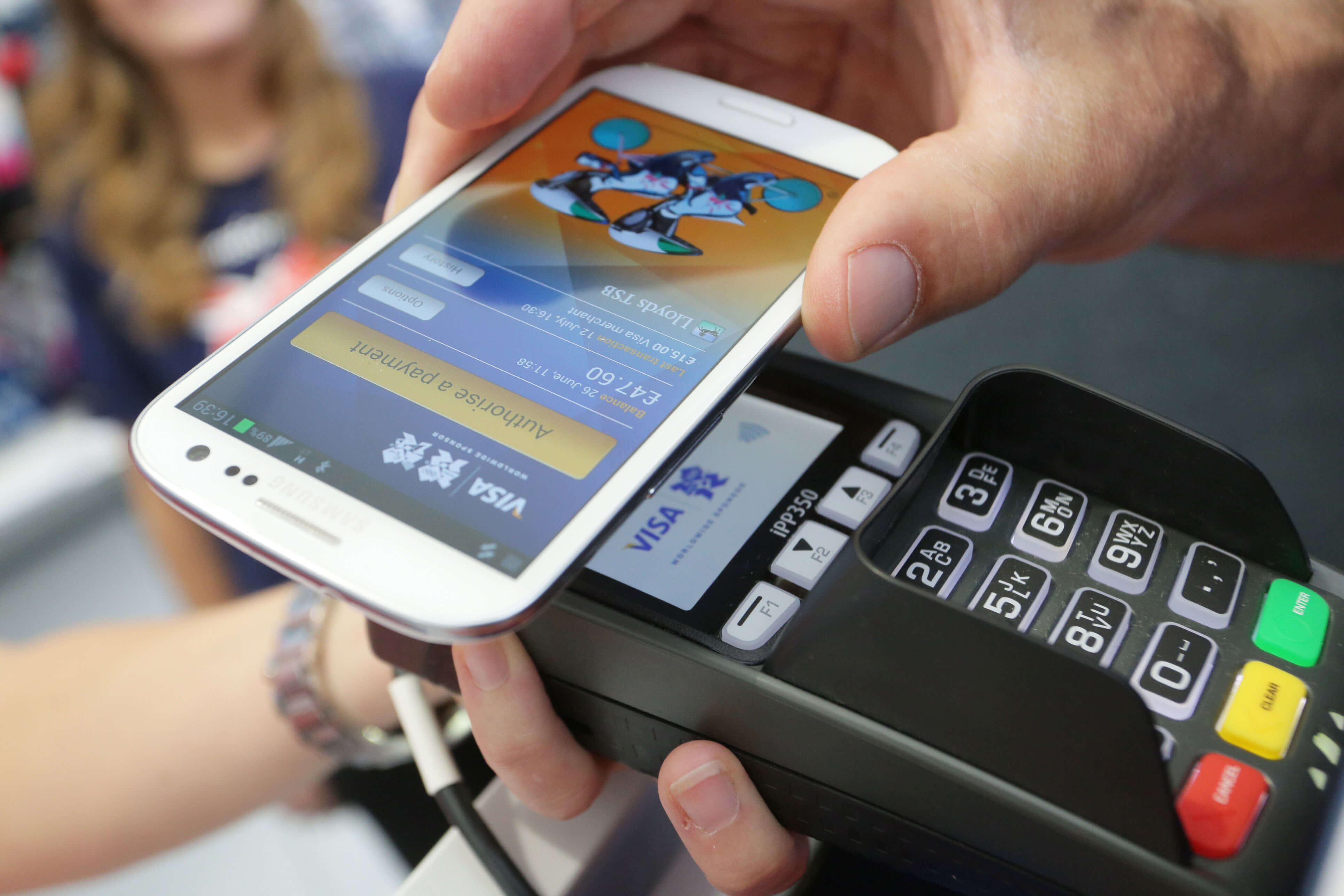Payment technology: 10 years on from Chip and PIN
Over the past ten years, card payments have grown in popularity amongst consumers, and the stigma surrounding paying for lower-value purchases using a debit card has reduced due advancements in payment technology. Consumers are now carrying less cash than ever before, preferring to pay for both large and small purchases by card.
Tech companies have constantly developed innovative new ways to improve the way we pay for goods over the past ten years, and we’re taking a look at some of these significant developments in payment technology.
In 2006, months before the launch of Handepay Merchant Services, the deadline to switch to Chip and PIN technology was announced. New Chip and PIN cards would replace the previous ‘mag-stripe’ cards, which required the cardholder to authorise every transaction by providing their signature. Chip and PIN was introduced to speed up the payment process and improve security measures for consumers and businesses alike. As these cards required a PIN to authorise the payment, there would be less fraudulent activity on lost or stolen cards.
The launch of Chip and PIN resulted in a huge adjustment for both consumers and business owners. With 140 million new Chip and PIN cards despatched to cardholders across the UK, 860,000 shops were required to upgrade their card terminals to accept the new type of cards, and 3 million staff working in shops were trained how to use the new technology.
Developers were soon attempting to make improvements to payment technology, by making the process even faster, while maintaining high levels of security. In 2007, contactless technology was introduced in the UK, with Barclays sending out their first contactless-enabled cards in 2008. This new technology gave consumers the ability to pay for small purchases quickly, by simply tapping their card against the screen of a card reader, without needing to enter a PIN number.
Security measures put in place to minimise any potential losses from contactless card theft or fraud meant that that every fifth contactless payment required PIN verification from the cardholder.
When initially launched, consumers were only able to spend up to a maximum of £10 per contactless transaction. Due to a surge in uptake of contactless payments the limit has since been increased, first to £20 and again to £30 in September 2015.
Tech companies have built on contactless technology to incorporate digital aspects into consumer payments, and are focused on improvements over the coming years. Mobile phone developers, in particular, are dedicated to combining current payment systems with their technology.
These services are described as ‘digital wallets’, allowing consumers to link their contactless cards to their mobile device. To ensure safety, each transaction made using a digital wallet uses a single-use security code to encrypt the transaction details, and card details are never stored on the device itself.
The launch of Apple Pay in July 2015 allowed consumers to pay for goods with their Apple iPhone or Apple Watch using contactless technology.
Take a look at how card payments have developed over the past decade, with customers using cards to make more payments than ever before
Would you like
a callback?
FIND OUT MORE
Talk to an advisor today...












